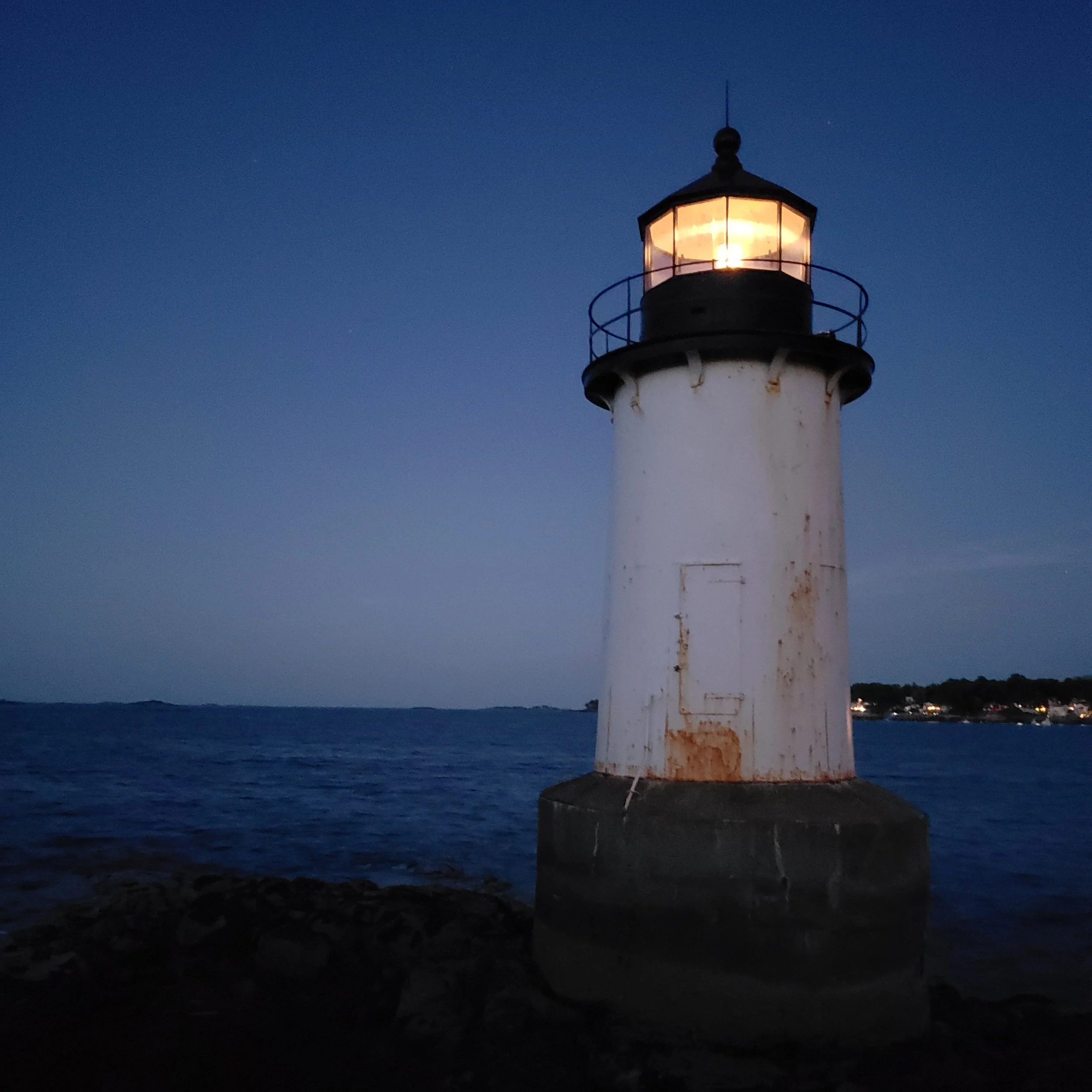Why I’m Writing, Even Now
Writing won’t save the world. But for a while, I thought that if I was going to write, I had to try. We live in a world inundated with content and constant demands for our attention. I didn’t want to add to that noise. If I was going to write, it had to cut through and be worthy of someone’s time. Every sentence had to be fiercely original, rich with meaning, and capable of catalyzing change. It didn’t just have to be done well; it had to be done right. What I was saying had to be important enough to justify saying it at all.
That pressure made me put off starting to write more complete works, delaying a more intentional engagement with an activity that brings me both meaning and joy. But, of course, I’m not here to change the world. I’m not here to do the kind of writing that fills feeds or builds platforms, or to monetize the words I’m putting down on the page. For me, writing is a way to notice what’s happening and make meaning of it. It’s a way to stay in conversation with the world and myself, and pursue the loose threads of my imagination. And it’s okay for it to be just that.
But lately, I’ve been encountering another form of resistance:
Should I be writing right now?
We seem to be living in an age of unraveling. Ecological collapse isn’t just coming, it’s here. The rift of inequality is widening. Authoritarianism seems to be on the rise, inexplicably gathering widespread popular support around the world. But I don’t mean to contribute to the already overflowing archive of doomsday commentary here. Rather, it just feels indulgent to sit with a notebook while the world burns. Shouldn’t I be doing more? Organizing? Protesting? Building something concrete with a measurable impact?
And yet, I keep returning to the page.
Writing, I’m realizing, may not be the thing that saves the world. But it is the thing that helps me stay with the world and not give up on it—to stay awake and grounded while things shift around and within me. Writing also gives me a way to metabolize complexity without becoming paralyzed by it and bear witness to what’s unfolding without turning away. It allows me to attend to the problems of the world, not to solve them, but simply to say: I see this. I’m paying attention. And in a world engineered for distraction, that alone feels like a powerful form of resistance.
But, for me, more than anything, it creates space to translate private grief and anxiety into something clearer. It gives form to what would otherwise spin endlessly in abstraction in my mind and allows me to set something down on paper and let the paper hold it, instead of holding it all myself. It gives me a place to participate in the healing of the world while also healing on my own. And, importantly, it lets me connect what’s crumbling with what’s trying to grow.
I think, too, of the writers who turned to language not to escape crisis, but to meet it. Authors like James Baldwin, Arundhati Roy, George Orwell, Audre Lorde, Eduardo Galeano, and Thích Nhất Hạnh all wrote in times of deep rupture—through war, colonization, dictatorship, racial violence, ecological collapse, and spiritual dislocation. Their work didn’t emerge from comfort but from necessity. Their words didn’t fix what was broken, but they helped others see more clearly, remember what mattered, or imagine something beyond what was given. I don’t imagine my writing carries that kind of weight, but their example reminds me that even when writing can’t solve a problem, it can offer a way forward, or at least a place to start.
And so, I could easily leave all of this in the quiet of my own pages. And for a long time, I have. But I think there’s value in participating and offering what I can to a conversation that feels urgent and unfinished, one that depends not just on critique but on imagination. Story shapes the boundaries of what we think is possible. And I think a lot of us are trying to figure out how to be well while immersed in systems that aren’t built for well-being. So, writing is where I can explore the tension between what is and what could be and offer whatever insight I can, not as a substitute for action, but in service of it. It can leave a trail for others to follow, inspire new ways of thinking, or even be a means of providing language for something that someone else has been sensing but couldn’t articulate. Maybe it can even just be a way of saying: I’m here too. I see what’s happening. I’m trying to imagine something better, and I think you might be, too.
